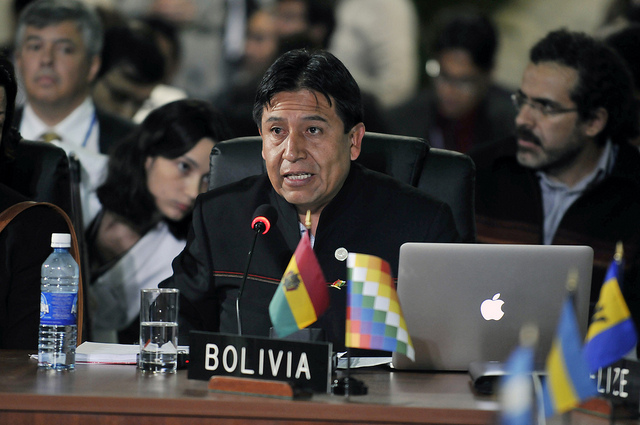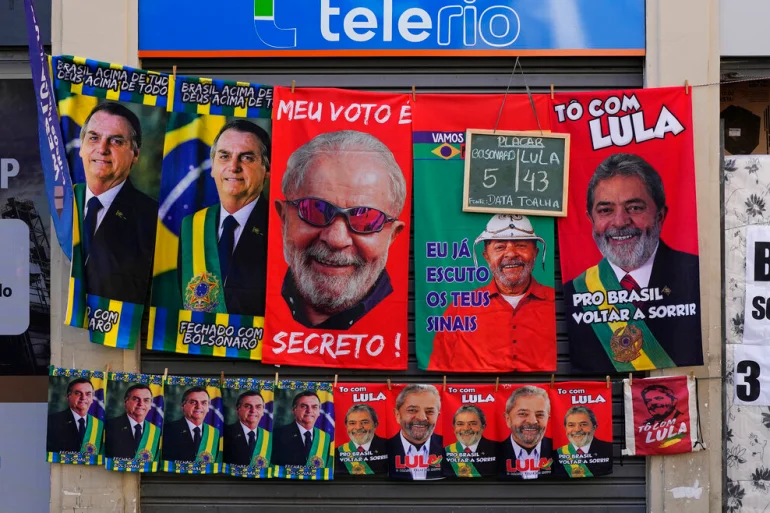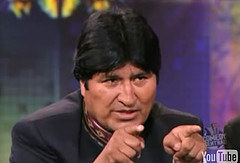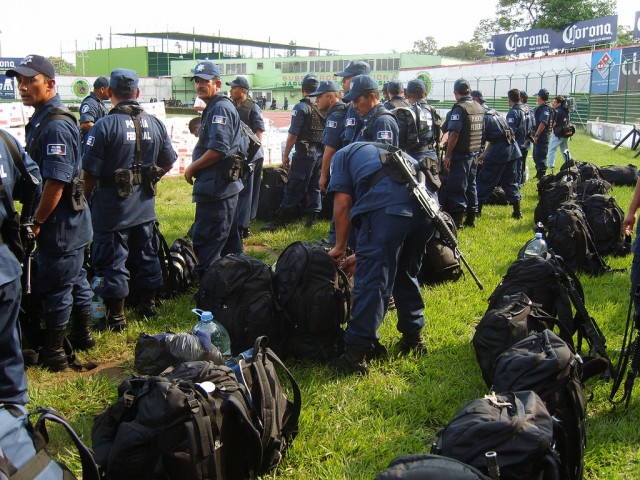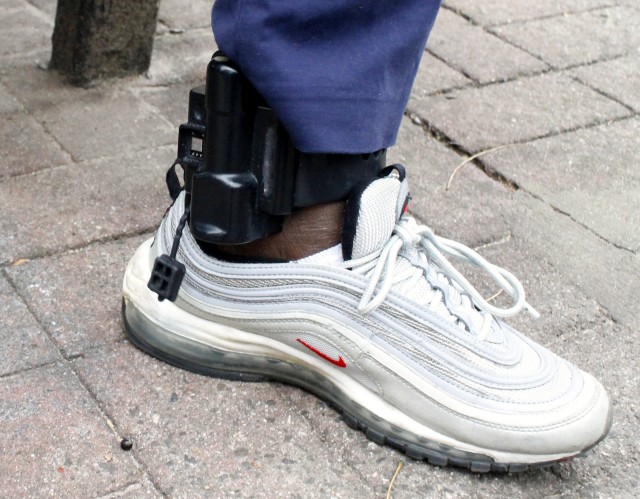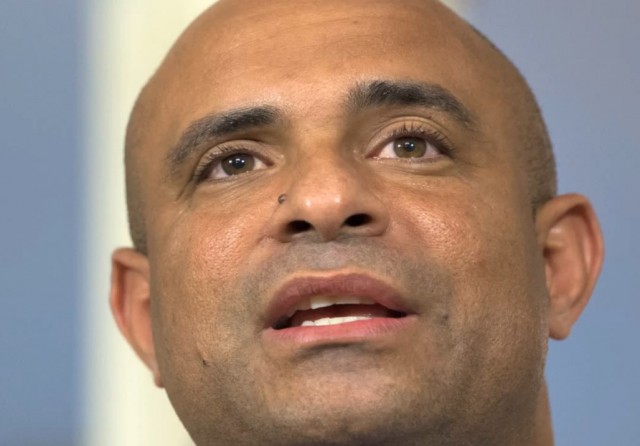
Caribbean, Haiti, Latin America: Week in Review
Haitian Prime Minister Defends Record After Resignation
December 16, 2014 By Staff
Top Story — Haiti’s Prime Minister Laurent Lamothe spoke out on Monday, defending his legacy after an independent commission set up by President Michel Martelly pressured him to resign over the weekend. Several other ministers also stepped down amid a political standoff that has been years in the making.
Lamothe’s resignation comes in the wake of continued anti-government protests demanding elections that have been delayed since 2011. On Friday, U.N. peacekeepers were seen firing at a crowd of protesters while dispersing a demonstration, though no deaths were reported. Then, over the weekend, protests again turned violent and a man was killed during clashes with police.
Haiti’s parliament will be dissolved if a resolution cannot be reached by Jan. 12, when the terms of 10 lawmakers expire. Parliament approves the nomination of a new prime minister, and so it is unclear when Lamothe will be replaced if no decision is made before parliament dissolves.
A law passed in 2014 by the country’s Chamber of Deputies to authorize the new elections is currently stalled in the Senate by opposition leaders who say it unfairly favors the Martelly government. Critics say the president intends to rule by decree following the approaching dissolution of Parliament, which would give him control over next year’s elections. Both the U.S. government and the United Nations have urged Haitian politicians to settle the dispute.
In addition to headlines today, be sure to read our exclusive piece about an alternative to detention that is leaving some Honduran immigrants in “shackles.”
Headlines from the Western Hemisphere
North America
- Another demonstration over the 43 missing students in Mexico left at least 21 people injured after police and students clashed near the site of a concert organized by protesters in Guerrero state.
- A federal judge in Mexico has dismissed criminal charges against two witnesses to the killing of 22 alleged gang members by army troops in late June.
- The largest immigration detention center for families opened in Texas on Monday with announcements by the Homeland Security Secretary pushing stricter U.S. policy on illegal migration.
Caribbean
- The USAID mission to fuel a pro-democracy movement in Cuba was “bound to fail,” according to Sujatha Fernandes in a piece for NACLA, which examines how the U.S. government’s vision for Cuba is out of touch with the reality in the island nation.
- The New York Times editorial board highlighted Cuba yet again, suggesting that President Barack Obama could help expand Cuba’s economy and promote reform by relaxing U.S. sanctions.
Central America
- The creation of free-trade “charter cities,” a looming economic experiment in Honduras could strengthen organized crime while benefiting only the very rich, according critics, reports previous Dispatch contributor Danielle Mackey in The New Republic.
- For the first time, an active army general will be appointed as security minister in Honduras in an effort to crack down on violent drug gangs.
Andes
- Nine FARC rebels in Colombia were killed during a government bombing raid in the country’s southeast, as peace talks continue between the two parties.
- Peruvian authorities said on Monday that they may seek the extradition of Greenpeace activists for their role in a publicity stunt that officials say permanently damaged the Nazca Lines, a UNESCO world heritage site.
- Venezuelan President Nicolás Maduro on Monday blasted a set of planned U.S. sanctions against officials from his government.
- Maduro is seen by many as likely to highlight the U.S. sanctions and other issues in an effort to draw attention away from ongoing economic woes, as bonds hit a 16-year low on Monday, signaling falling investor confidence in Venezuela’s oil-dependent economy as petroleum prices continue to plummet.
Southern Cone
- Argentina is meeting standards necessary to improve its economic data, the International Monetary Fund’s board said Monday, but the government, long accused of doctoring figures like the inflation rate, must make more reforms by a February deadline to avoid being targeted by IMF sanctions.
- Brazilian prosecutors indicted yet another former Petrobras executive on Monday as an investigation continues into a corruption scheme at the state-owned oil company.
- Brazil’s currency, the real, has hit a nine-year low following a surprise report that the economy shrunk in October and despite the appointment last month of a new finance minister, which many analysts thought might ease concerns over growth.
Image: YouTube
Subscribe to Today in Latin America by Email
